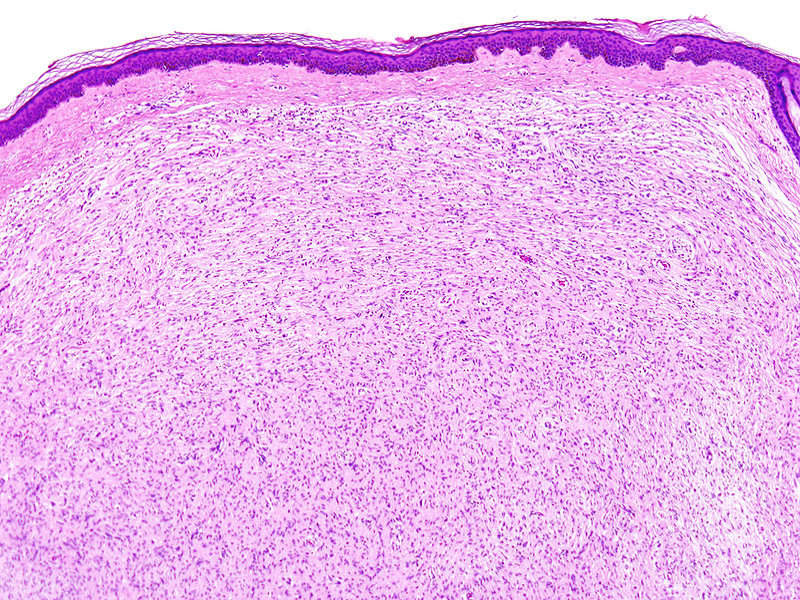

The US National Institutes of Health (NIH) has reported positive results from its Phase I clinical trial of selumetinib to treat children with the common genetic disorder neurofibromatosis type 1 (NF1) and plexiform neurofibromas.

Discover B2B Marketing That Performs
Combine business intelligence and editorial excellence to reach engaged professionals across 36 leading media platforms.
Provided by UK-based AstraZeneca, selumetinib is an orally administered, potent and selective inhibitor of MEK 1/2.
MEK 1/2 are considered important for the RAS-ERK pathway, which if activated, triggers cancer growth and progression, including in patients with KRASm non-small-cell lung cancer (NSCLC).
Conducted at the NIH Clinical Center and three other sites, the multicentre Phase I trial examined 24 children who were administered with doses of selumetinib on a twice-daily basis over a period of 30 months.
The trial was primarily focused on testing the safety and toxicity of selumetinib, while using it to treat patients with NF1 and inoperable plexiform neurofibromas.

US Tariffs are shifting - will you react or anticipate?
Don’t let policy changes catch you off guard. Stay proactive with real-time data and expert analysis.
By GlobalDataResults suggested sustained shrinkage in tumours of up to 20% or more for a period of two years and had halted disease progression in the trial participants.
National Cancer Institute (NCI) pediatric oncology branch acting lead and study lead Brigitte Widemann said: “Some may say that a 20% volume reduction is too small to be meaningful, but to me, just stopping the growth of these devastating tumours is an important achievement.
“The difference we see in these patients is truly unprecedented.”
NIH is including patients in a larger Phase II pediatric trial to determine the efficacy of selumetinib in treating children by measuring tumour volume and analysing plexiform neurofibroma related disfigurement, pain, quality of life, and function.
Image: Biopsy of cutanous neurofibroma. Photo: courtesy of KGH.





